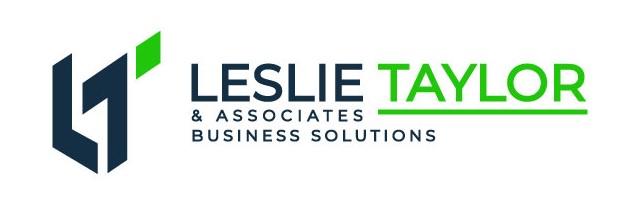Imagine working hard to hit the next level in your business. The money is flowing well, the business is profitable. Then, someone comes along and decides to take a significant chunk of what you have earned. That is exactly what happened to my dentist’s practice.
Several years ago, my dentist’s practice was a victim of fraud. It was an inside job. An employee embezzled more than $2 million. After the incident, the owner, Roger Abbott, said,
“It’s my responsibility to put the systems in place so I don’t tempt anyone again.”
Bingo! Read that first part again.
It’s my responsibility as the owner to put systems in place.
The bad news…
Small businesses are 3X more likely to be targeted by cyber criminals compared to larger companies (Barracuda) and tend to become victims of fraud more frequently than larger organizations as well.
The good news…
You can put systems in place to minimize the chances fraud occurs in your business.
According to the Association of Certified Fraud Examiners, fraud occurs because 3 things are present: financial pressure, opportunity, and rationalization (Donald Cressey, Criminologist). In fact, most people who commit fraud are not career criminals and don’t have a criminal history. On a side note, my aunt and I debated whether some of these folks were actually career criminals and just had never been caught. Either way, there are things you can do to protect your business.
Fraud hits small businesses harder
Here are a few statistics to note:
- Small businesses lose almost twice as much per scheme (Association of Certified Fraud Examiners)
- 60% of small business fraud victims didn’t recover their losses (ACFE)
- Fraudsters who had been with their company longer stole twice as much (ACFE)
While there is no way to completely guarantee that your business will never be a victim of fraud there are some easy ways that you can significantly reduce the risk of becoming a victim.
Separation of Duties
This is a fancy accounting term that means while it is great to hire someone you trust, it is wise to implement processes that safeguard your money. To reduce the possibility of fraud and/or error, it is best to have at least two individuals involved in the financial process. This is so you can have some checks and balances on the process to deter and potentially detect fraud (or human error).
- For example, the person responsible for handling (receiving or disbursing) the money should not be the same person reconciling the books.
- Also, in smaller companies I recommend the owner approve payment of bills.
Owner Oversight
As the owner, regularly check bank accounts. Also, have a basic understanding of your financial statements and review them regularly so you are aware of what is happening. Additionally, make sure bill payments are made with some level of oversight or approval (by you or a manager) using apps like Bill.com or Plooto (my new favorite) can streamline this process.
Password security
Keep them close and make them strong. If you need to grant access to accounts set up new users on those accounts with restricted access, such as read only, for accounts such as banks, your QuickBooks, Shopify, Stripe, etc. If it is absolutely necessary to share a password, use apps like LastPass to make passwords available and usable without sharing them outright.
Keep Documents Secure
Never email sensitive documents because email is NOT secure. If a financial professional asks you to email sensitive documents containing bank account numbers or social security numbers, be wary. Use secure storage sites and portals.
We Can Help
Need guidance with getting these systems in place? We’re here to help. As business solutions experts, we have helped dozens of businesses untangle complex issues and clarify a path to greater profitability.
At LTA, we don’t do taxes. We do EVERYTHING else!!! We love helping our small business clients manage their numbers into profitability. We take a proactive approach to profitability and a supportive approach to helping you gain the control and clarity required to grow, scale, and realize your vision. Schedule a Discovery Session to learn more.

